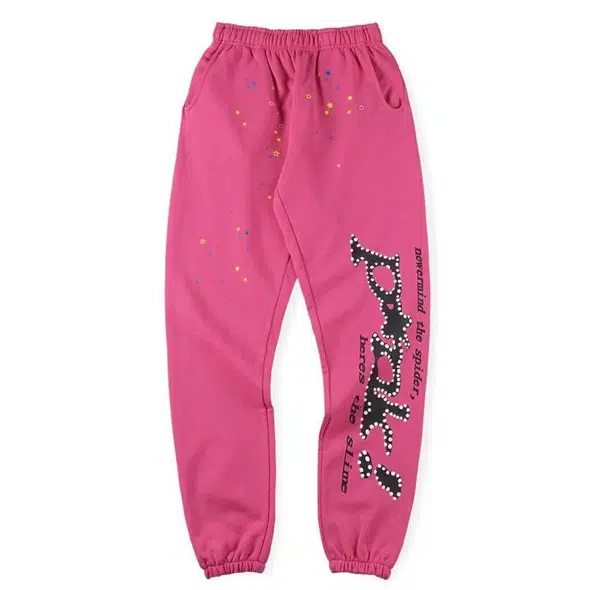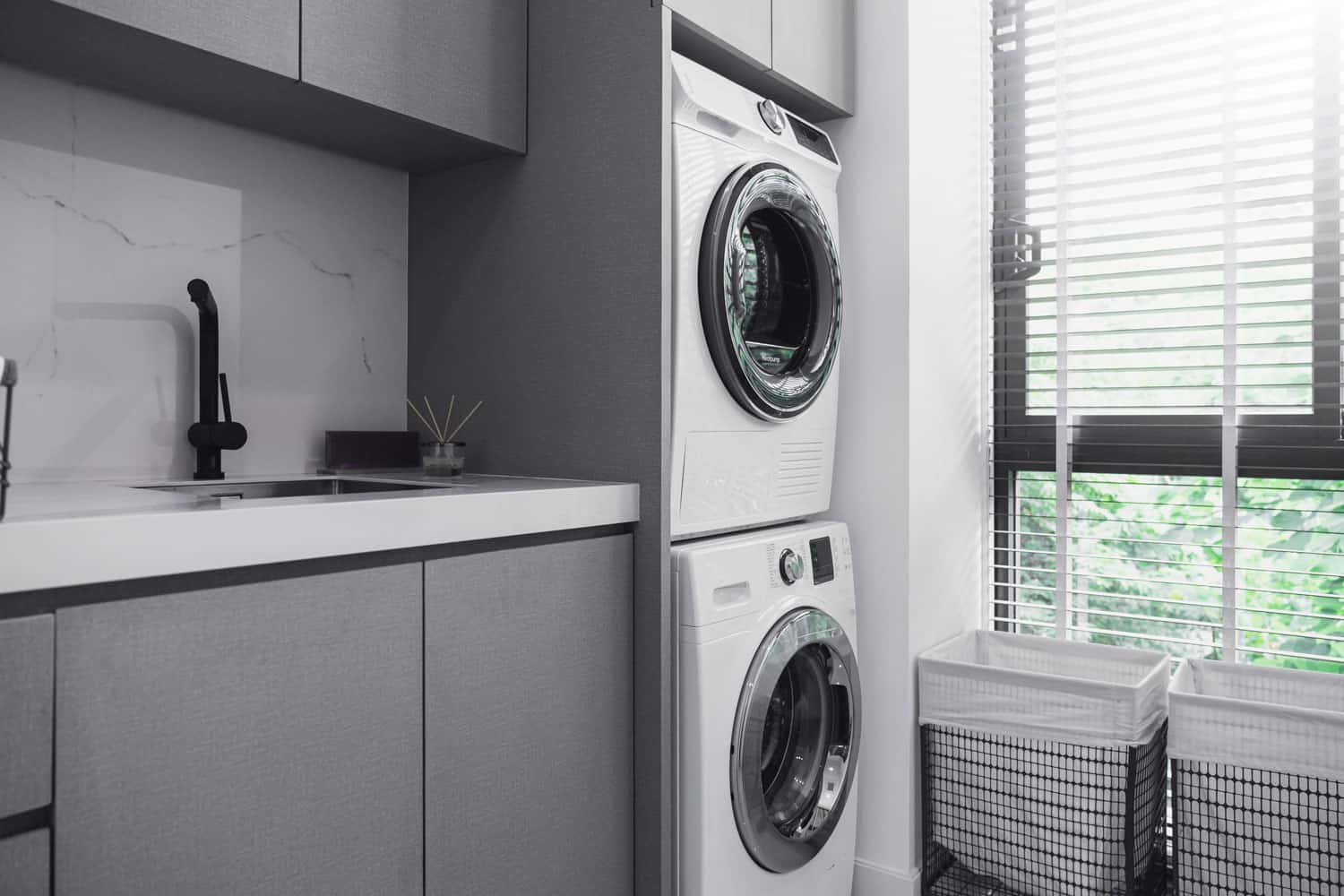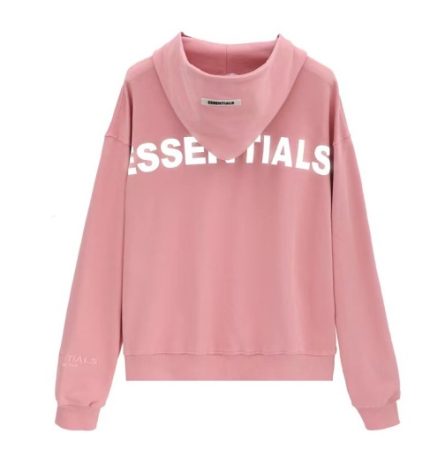
Running a restaurant is a demanding business that requires attention to every detail, from the quality of the food to the ambiance of the dining area. One often overlooked but crucial aspect of maintaining a successful restaurant is the plumbing system. Restaurant plumbing is a complex and essential component that, if not properly maintained, can lead to costly repairs, health violations, and even temporary closures.
In this article, we will explore the importance of regular maintenance for your restaurant plumbing system, provide practical tips on how to keep everything running smoothly, and highlight common issues to watch out for. By the end, you’ll have a clear understanding of how to maintain your restaurant’s plumbing for peak performance, ensuring a clean, safe, and efficient environment for both staff and patrons.
Why Regular Maintenance is Crucial
1. Preventing Costly Repairs
A well-maintained plumbing system can save your restaurant from the headache of unexpected breakdowns. Regular inspections and upkeep help identify small issues before they become major problems, such as leaks, blockages, or burst pipes. Addressing these issues early can prevent costly repairs that could disrupt your operations.
2. Ensuring Health and Safety Compliance
Health and safety regulations are stringent in the restaurant industry, and rightly so. Poorly maintained plumbing can lead to unsanitary conditions, such as water contamination, sewage backups, or mold growth. These issues can result in health code violations, fines, or even the closure of your restaurant. Regular plumbing maintenance ensures that your restaurant remains compliant with local health and safety standards.
3. Enhancing Customer Experience
A malfunctioning plumbing system can negatively impact the customer experience. Imagine a restroom with clogged toilets or a kitchen with slow-draining sinks – these issues can lead to unpleasant odors and unsanitary conditions, which can deter customers from returning. Maintaining your restaurant plumbing in top condition helps create a positive dining experience, contributing to customer satisfaction and repeat business.
Key Areas of Restaurant Plumbing Maintenance
1. Grease Traps
Grease traps are essential in any commercial kitchen, as they prevent fats, oils, and grease (FOG) from entering the sewer system. Over time, these traps can become clogged, leading to slow drainage, unpleasant odors, and potential backups. Regular cleaning and maintenance of grease traps are crucial to prevent these issues.
Tips for Maintaining Grease Traps:
- Schedule Regular Cleaning: Depending on the volume of grease produced, grease traps should be cleaned every one to three months. A professional plumber can provide this service to ensure thorough cleaning.
- Monitor Grease Levels: Keep an eye on the grease trap to monitor the accumulation of grease. If it reaches 25% of the trap’s capacity, it’s time for a cleaning.
- Avoid Pouring Grease Down the Drain: Educate kitchen staff to avoid pouring grease directly down the drain, as this can overwhelm the grease trap and cause blockages.
2. Drains and Sewer Lines
Drains and sewer lines are the backbone of your restaurant’s plumbing system. They handle everything from dishwashing water to restroom waste. Clogs or backups in these areas can cause serious disruptions to your operations and pose health risks.
Tips for Maintaining Drains and Sewer Lines:
- Use Drain Screens: Install drain screens in sinks and floor drains to catch food particles, hair, and debris that can cause clogs.
- Avoid Chemical Drain Cleaners: While it may be tempting to use chemical drain cleaners, they can damage your pipes over time. Instead, opt for natural alternatives or call a plumber for regular maintenance.
- Schedule Regular Inspections: Have a professional plumber inspect your sewer lines annually. They can use cameras to check for blockages, tree root intrusion, or other issues that could cause backups.
3. Water Heaters
Hot water is essential in a restaurant, not just for cooking and cleaning but also for maintaining sanitary conditions. A malfunctioning water heater can disrupt your kitchen’s operations and potentially lead to health code violations.
Tips for Maintaining Water Heaters:
- Flush the Tank Regularly: Sediment buildup in the tank can reduce efficiency and shorten the lifespan of your water heater. Flushing the tank at least once a year helps prevent this issue.
- Check the Temperature Settings: The temperature should be set to at least 140°F (60°C) to ensure proper sanitation. However, ensure it’s not too high to prevent scalding hazards.
- Inspect for Leaks: Regularly check for leaks around the water heater, as this can be a sign of a larger problem that needs immediate attention.
4. Restroom Facilities
Restroom facilities are a critical component of your restaurant’s plumbing system. They must be in perfect working order at all times to ensure customer comfort and compliance with health regulations.
Tips for Maintaining Restroom Facilities:
- Check for Leaks: Regularly inspect toilets, faucets, and urinals for leaks. Even a small leak can waste a significant amount of water over time.
- Ensure Proper Flushing: Make sure toilets and urinals are flushing properly. If they are slow to drain or don’t flush completely, it could indicate a blockage.
- Maintain Cleanliness: Clean restroom fixtures regularly to prevent the buildup of grime and bacteria, which can lead to unpleasant odors and unsanitary conditions.
5. Ice Machines and Beverage Dispensers
While not always thought of as part of the plumbing system, ice machines and beverage dispensers rely heavily on water lines and must be maintained to ensure the quality and safety of the drinks served.
Tips for Maintaining Ice Machines and Beverage Dispensers:
- Regular Cleaning and Sanitizing: Follow the manufacturer’s instructions for cleaning and sanitizing ice machines and beverage dispensers. This prevents mold and bacteria growth.
- Inspect Water Lines: Check the water lines for leaks or blockages that could affect the quality of the ice or beverages.
- Change Filters Regularly: Replace water filters as recommended to ensure clean, safe water is used in your ice machines and beverage dispensers.
Common Plumbing Issues in Restaurants and How to Address Them
1. Clogged Drains
Clogged drains are one of the most common issues in restaurant plumbing. They can occur in sinks, floor drains, or toilets and are often caused by food particles, grease, or other debris.
How to Address Clogged Drains:
- Use a Plunger: For minor clogs, a plunger can often do the trick.
- Call a Professional: For more stubborn clogs, it’s best to call a plumber who can use professional-grade tools like a drain snake or hydro-jetting to clear the blockage.
2. Leaking Faucets
Leaking faucets are not only annoying but can also lead to higher water bills and wasted water.
How to Address Leaking Faucets:
- Replace Worn Seals: In many cases, a leaking faucet is caused by a worn-out washer or seal, which can be easily replaced.
- Call a Plumber: If the leak persists, it may be a sign of a more significant issue that requires professional attention.
3. Low Water Pressure
Low water pressure can disrupt kitchen operations, making it difficult to wash dishes or prepare food efficiently.
How to Address Low Water Pressure:
- Check for Clogs: Low water pressure is often caused by clogs in the pipes or aerators. Cleaning or replacing these parts can often restore normal pressure.
- Inspect the Water Heater: If the issue is with hot water, it could be related to the water heater. Make sure it’s functioning correctly and is set to the appropriate temperature.
The Importance of Hiring a Professional Plumber
While regular maintenance can prevent many plumbing issues, it’s essential to have a professional plumber you can rely on for inspections, repairs, and emergency services. A licensed plumber with experience in restaurant plumbing will understand the unique challenges your business faces and can provide tailored solutions to keep everything running smoothly.
When choosing a plumber, look for someone who offers 24/7 emergency services, as plumbing issues can arise at any time and often require immediate attention to avoid disruptions to your business.
Conclusion
Maintaining your restaurant’s plumbing system is crucial for ensuring peak performance, customer satisfaction, and compliance with health and safety regulations. By implementing regular maintenance practices, such as cleaning grease traps, inspecting drains, and monitoring water heaters, you can prevent costly repairs and keep your restaurant running smoothly. Remember, investing in proper restaurant plumbing maintenance is an investment in the long-term success of your business. Visit our website : Ferguson Plumbing








